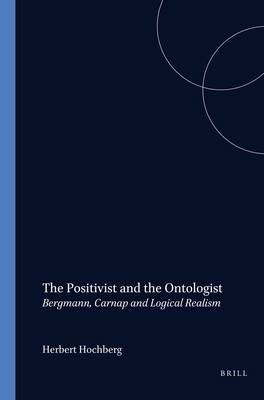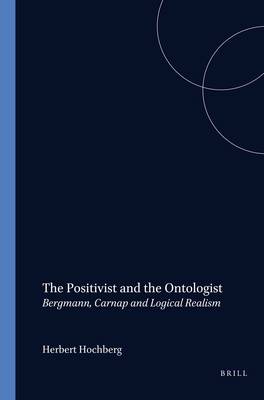
- Afhalen na 1 uur in een winkel met voorraad
- Gratis thuislevering in België vanaf € 30
- Ruim aanbod met 7 miljoen producten
- Afhalen na 1 uur in een winkel met voorraad
- Gratis thuislevering in België vanaf € 30
- Ruim aanbod met 7 miljoen producten
Zoeken
€ 192,45
+ 384 punten
Omschrijving
The book contains the first systematic study of the ontology and metaphysics of Gustav Bergmann, tracing their development from early (1940s) criticisms of Carnap's semantical theories in Introduction to Semantics, to their culmination in his 1992 New Foundations of Ontology. This involves a detailed study of the implicit metaphysical doctrines in Carnap's important, but long neglected, 1942 book and their connection to his influential views on reference, truth and modality, (including, contrary to current opinion, Carnap's initiating the development of predicate modal logic) that culminated in Meaning and Necessity. In dealing with various fundamental issues in ontology and metaphysics, the book discusses relevant views of major philosophers, such as Russell, Moore, Bradley, Wittgenstein, Meinong, Brentano, Husserl, Broad, McTaggart, and Quine, and of contemporary and recent figures, including D. M. Armstrong, D. Lewis, S. Kripke, J. Searle, W. Sellars, D. Davidson, J. J. C. Smart, and H. Feigl. Building on the critical studies of Bergmann, Carnap and such other philosophers, the author argues for a form of Logical Realism derived from important, but long misunderstood and ignored, aspects of Russell's theories of descriptions, reference and truth.
Specificaties
Betrokkenen
- Auteur(s):
- Uitgeverij:
Inhoud
- Aantal bladzijden:
- 408
- Taal:
- Engels
- Reeks:
- Reeksnummer:
- nr. 32
Eigenschappen
- Productcode (EAN):
- 9789042014343
- Verschijningsdatum:
- 1/01/2001
- Uitvoering:
- Paperback
- Formaat:
- Trade paperback (VS)
- Afmetingen:
- 150 mm x 220 mm
- Gewicht:
- 684 g

Alleen bij Standaard Boekhandel
+ 384 punten op je klantenkaart van Standaard Boekhandel
Beoordelingen
We publiceren alleen reviews die voldoen aan de voorwaarden voor reviews. Bekijk onze voorwaarden voor reviews.








